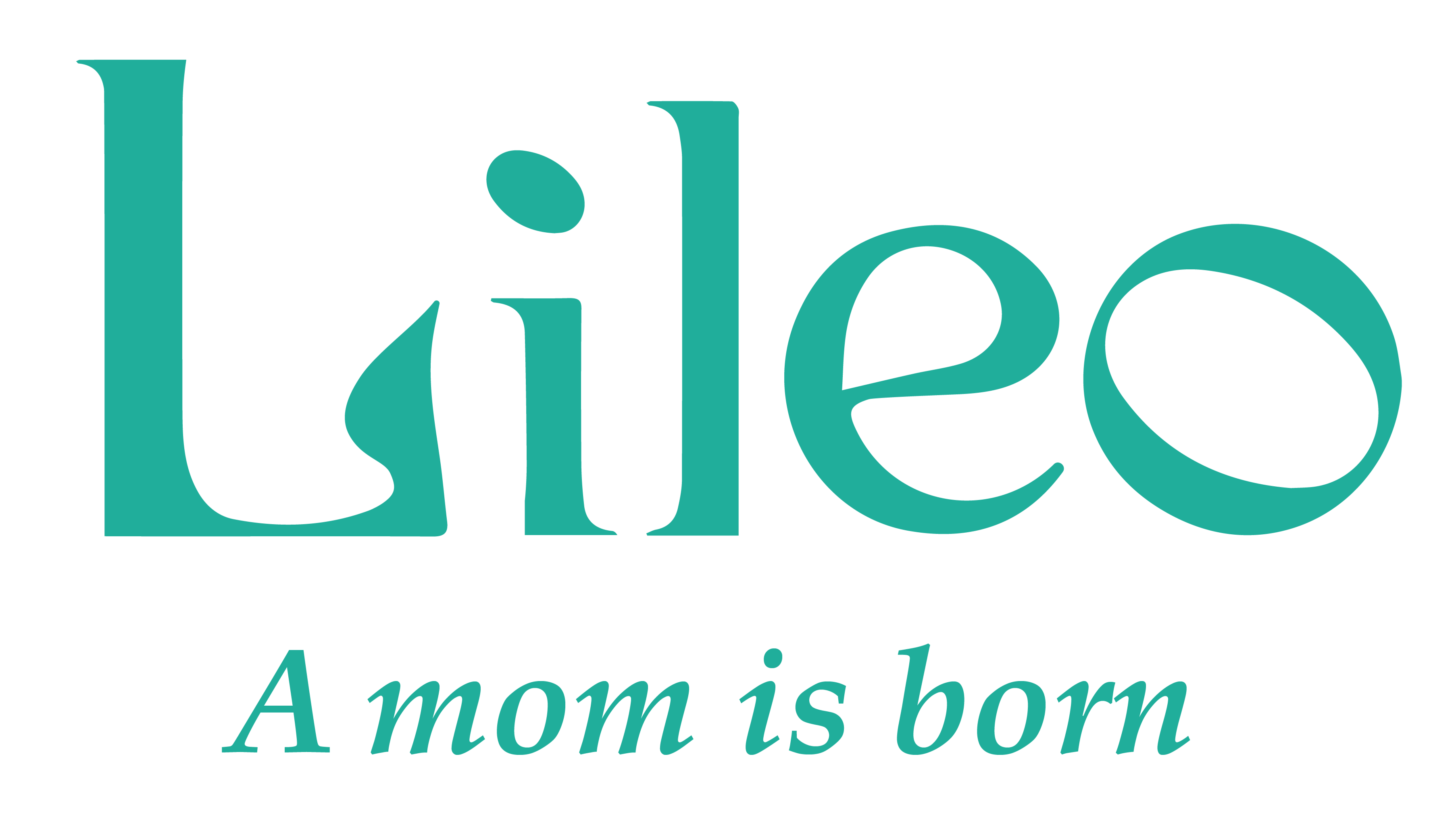Mother's diet
Breastfeeding is a time when the mother’s nutritional needs are crucial. After pregnancy, it’s important to re-mineralize to support the healing process of childbirth. In addition, breast milk is rich in vitamins, minerals, fatty acids and proteins. Here are some practical tips and information based on reliable documents to guide mothers in their diet during breastfeeding.
The importance of a balanced diet
During breastfeeding, it’s essential to maintain a balanced and varied diet, as organic as possible. A healthy, nutritious diet helps to replenish nutritional reserves after childbirth and avoid exhaustion. What’s more, there’s no need to follow a strict diet or avoid specific food groups.
Your child may develop a food hypersensitivity to something you eat, but he or she will never be allergic to your milk.
Often, this hypersensitivity is due to a dysbiosis of the mother’s intestines, and therefore of her milk. Maternal dysbiosis gives rise to a low-grade inflammatory reaction in the mother, with the secretion of inflammatory interleukins (messages of inflammation) which can pass through the mammary gland barrier (probably porous too, due to mammary dysbiosis), and end up in the mother’s milk, where they can irritate the baby. If mom has a porous intestinal barrier, then so does baby, as the microbiota is passed on by the parents. When a baby has food hypersensitivity reactions, it’s the mother who should be treated with functional and nutritional medicine, without stopping the irritating foods, except in certain cases, depending on the concentration of IgG found in the blood test.
Eat to your heart’s content
Your body needs extra calories to produce milk – 500 on average. That’s why it’s important to eat when you’re hungry, and to choose foods that support your body.
We recommend golden milk, porridge, bone broths, nuts… As for dairy products, we recommend consuming them occasionally and choosing unpasteurized dairy products from cows that graze green grass only.
Foods to encourage
- Proteins: Meat, small oily fish, eggs and legumes (peanuts, soy, tofu, lentils, peas…), soak the day before to aid digestion.
- Fruits and vegetables: Varied and colorful, rich in vitamins and minerals.
- Whole grains: Brown rice, quinoa, wholemeal bread for complex carbohydrates and fiber.
- Healthy fats: good-quality, first cold-pressed vegetable oils: linseed, rapeseed, camelina hazelnut, in an opaque glass bottle, to be kept in the fridge and consumed quickly to avoid oxidation. Avoid reheating them; use ghee, clarified butter and animal fats instead. You can also encourage the consumption of avocados and seeds.
Hydration
Breastfeeding increases thirst, so it’s crucial to drink enough water throughout the day. We recommend that you drink to your thirst throughout the day, giving priority to water and using a large water bottle that you can take with you wherever you go.
Foods to limit or avoid
- Caffeine: Limit coffee, tea and other caffeinated drinks to about two cups a day. Caffeine can pass into breast milk and make the baby nervous or irritable. Some babies tolerate it better than others. So keep an eye on your child.
- Alcohol : Alcohol passes into breast milk as quickly as it passes into the mother’s bloodstream. Yes, one glass of alcohol has a short impact on the quantity of milk produced. Any amount of alcohol that passes into breast milk is drunk by the baby, even in very small quantities. Drinking alcohol while breast-feeding is not recommended. A glass of alcohol is eliminated in around 2–3 hours, so we recommend drinking for exceptional purposes. You can, for example, have a drink just after breast-feeding, so that you can breast-feed your baby again safely 2-3 hours later.
- Mercury-rich fish: Avoid predatory fish such as shark, swordfish and bluefin tuna, and limit consumption of canned tuna. That’s why we particularly recommend small, fatty fish.
- Antigalactogenic plants: Certain plants such as sage, parsley and mint can reduce milk production. But you need to eat a lot of them for them to have an antigalactogenic effect. There’s no need to deprive yourself of mint tea, if that’s what you like.
Allergies and reactions in babies
It is rare, but possible, for certain foods eaten by the mother to cause reactions in the baby, such as colic or skin rashes.
Food hypersensitivity reactions occur 1 to 4–5 days after ingestion. What we suggest is that you consult a specialist and have a functional and nutritional medical check-up. You may have dysbiosis.
Supplements and vitamins
It can be beneficial to continue taking quality multivitamins and minerals while breastfeeding, especially if the diet is not perfectly balanced.
Conclusion
Nutrition during breastfeeding does not require any dietary restrictions, but rather a focus on a balanced, nutritious and organic diet. By listening to her body and making healthy food choices, a breastfeeding mother can not only ensure good milk production, but also maintain her own well-being. And if you have any doubts or concerns, it’s always advisable to consult a health professional or lactation consultant.
Resources to go further:
- Pleine santé, Dr Stéphane Résimont
- Weston Price Nutrition and physical degeneration,
- The golden month by céline chadelat
- The first forty days by Heng Ou

